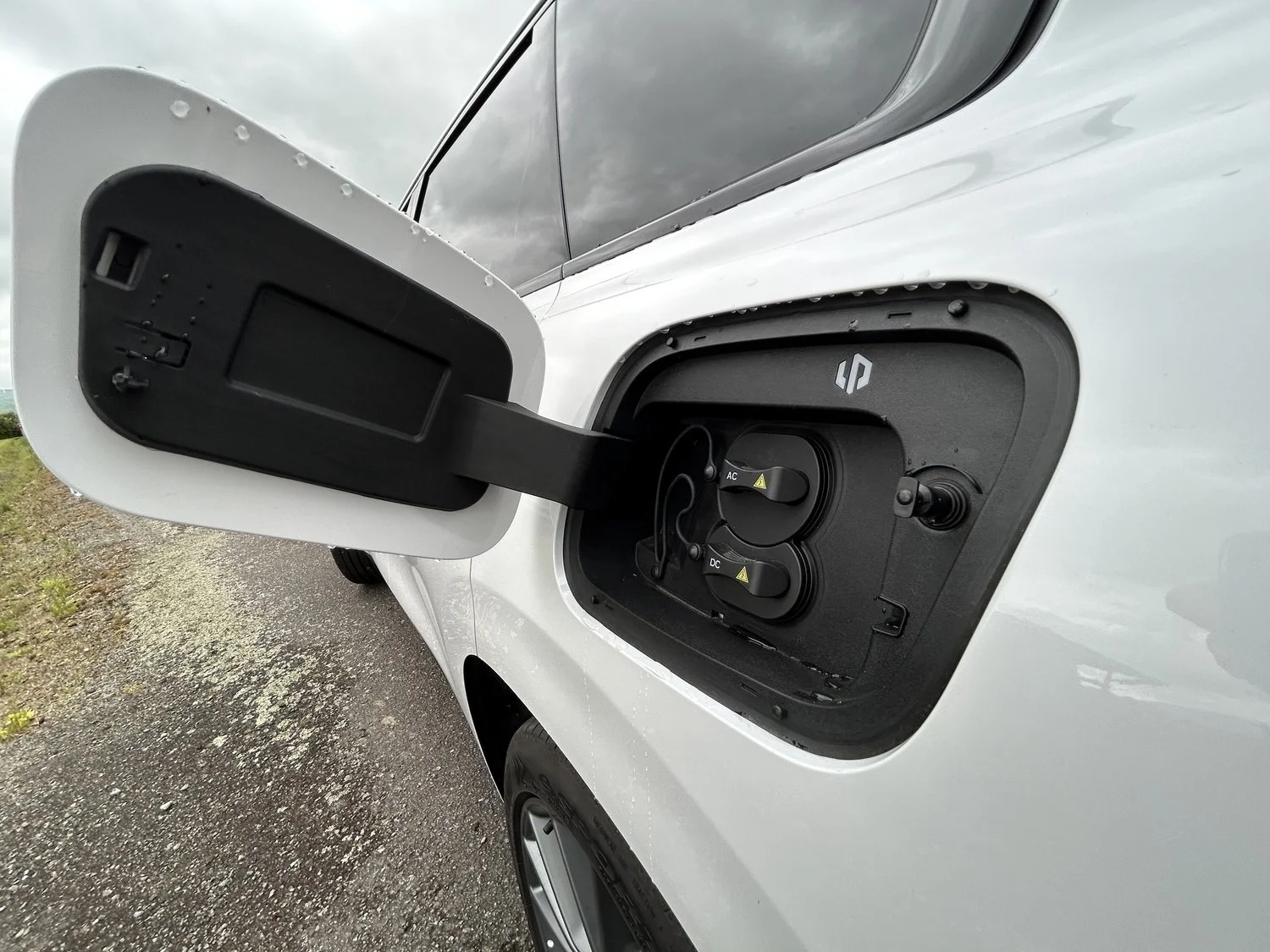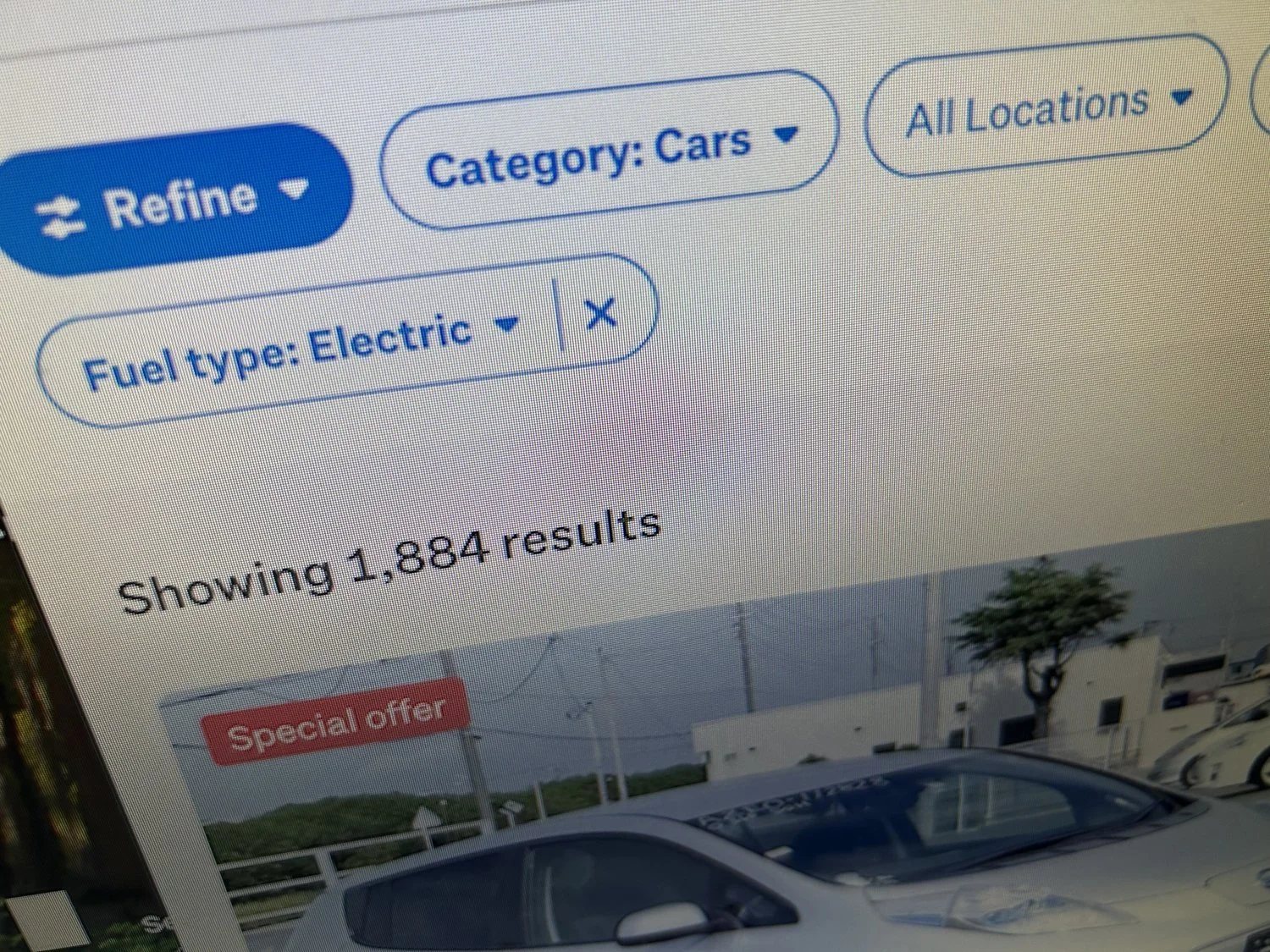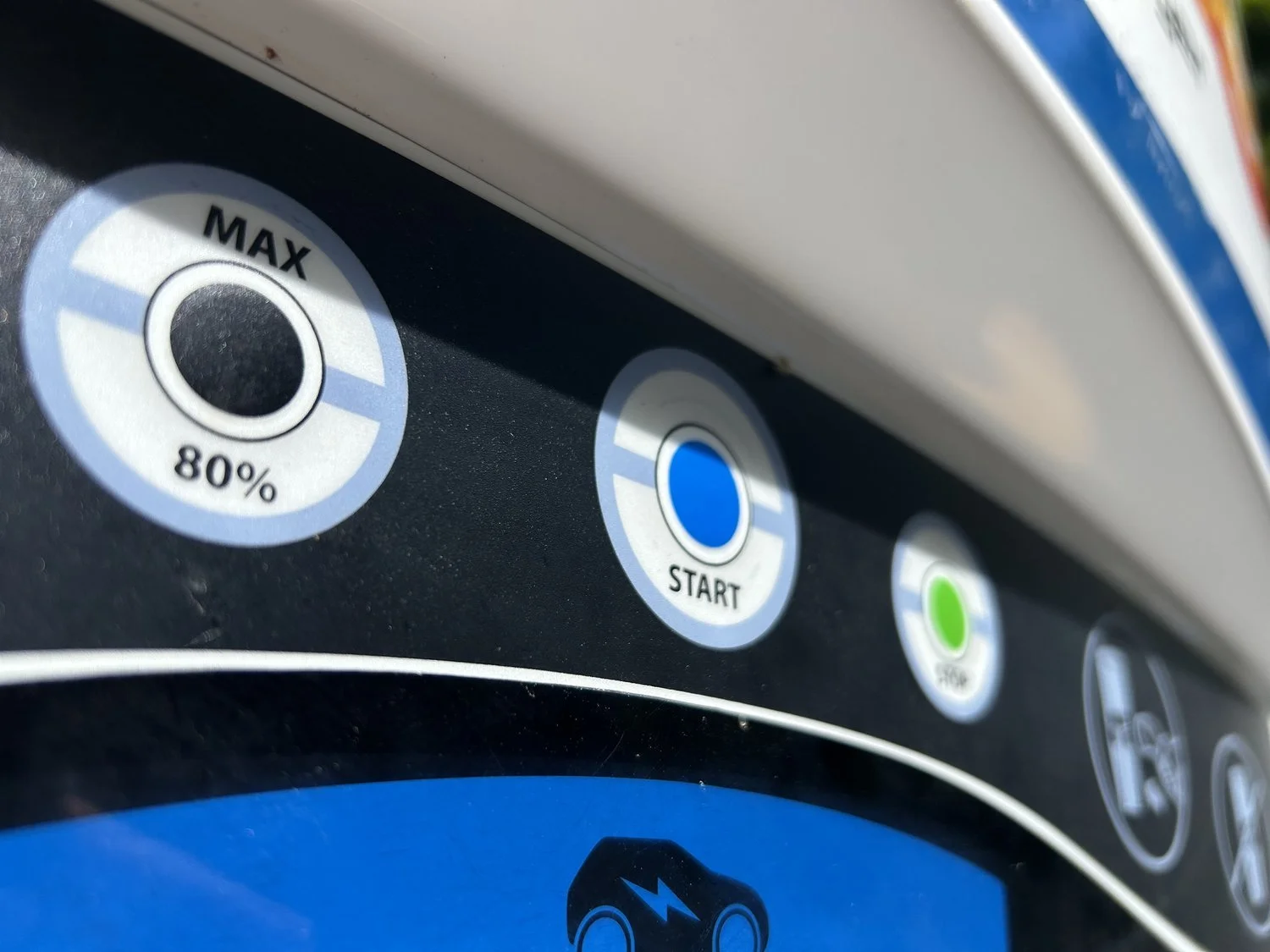As EV market restores, used values 'will improve'
Richard Bosselman
January 29, 2025
Electric vehicle residuals sucked even before discounting - but the market WILL turn, an industry organization believes.
LACK of trust in the perceived long-term reliability and robustness of electric cars is easing, with many now proving to be as trustworthy as anything else on the road.
Alarmingly poor residual values for New Zealand-new electric vehicles and industry wariness to accepting them as trades has coloured the national experience.
Vehicle owners keen to move on from their choices often seem to be finding popular internet sites the only conduits for potential sale, having either been cold-shouldered by the traditional used car sales scene or offered offensively low trade values.
The organisation representing almost all new car distributors here believes industry caution is thawing.
Franchise resellers are gaining more experience with EVs and finding past hang-ups - notably concern about battery degradation and risk of being caught with a lemon - are often not such an issue.
Modern EVs are not degrading in the manner in which they had feared, the head of the Motor Industry Association agrees, but getting traders - including at franchise level - to accept this is a learning process.
“I think … in the very early days they hadn't really possibly traded many of them,” said MIA chief executive Aimee Wiley.
“Last year they were worried because of the demand (for new EVs) dropping and the new prices dropping, they were worried about trading for too much and one or two or three months later making a loss, selling it again.”
She contends that, as sales of brand-new electric vehicles restore, values of used examples of those cars will benefit, particularly those that have represented from new via distribute channels that also support resale networks.
The popular brand outside of the scenario is Tesla, which has no used car programme. It instead has appointed a national car auction house, which also portrays as the country’s largest used car operator, in that role.
Expression of more optimistic EV sentiment times well with a study of battery car robustness from the United Kingdom.
Research there analysed nearly 300 million MOT (their Warrant of Fitness equivalent) test records from the UK’s Ministry of Transport, spanning the years 2005 to 2022.
These records provided a detailed assessment of the “health” of every vehicle on UK roads, enabling researchers to estimate vehicle longevity and compare survival rates across various powertrains.
Battery-powered electric vehicles came out well.
Researchers said they can be considered to be as reliable as traditional petrol and diesel vehicles, with lifespans that can match or exceed those of conventional cars and vans. Modern models lasting 18.4 years and traveling 160,000 kilometres on average.
They also found that, although early EVs were less reliable than internal combustion engine vehicles (ICE), rapid advances in technology have enabled newer EVs to achieve comparable lifespans, even under more intensive use.
Researchers found that EVs demonstrated the most rapid improvement in reliability, with a 12 percent lower likelihood of failure (hazard rate) for each successive year of production, compared to 6.7 percent for petrol and 1.9 percent for diesel vehicles.
A recent report by British car magazine The Autocar has also downplayed the likelihood of battery failure or degradation with used EVs.
It said while early battery compositions do degrade, latest formulas are proving impressively resistant to failure or energy loss.
Longevity is tending to be very good, with nickel-manganese-cobalt and lithium-iron-phosphate only losing 1.6-2 percent of capacity each year.
Wiley says last year being a nightmare for the industry, with a 75 percent overall decline in EV sales, won’t keep battery-wed cars from becoming increasingly important in the future.
Also, the new and used car scenes are utterly reliant on each other - logically without the first, there cannot the second.
As sales grow, so will understanding also about the true integrity of the technology, notably that degradation rates from modern batteries are much slower than that experienced with older types.
“I think what's going to happen is as the market normalises and stabilises, they're going to get a lot more confidence around the trade-in values,” Wiley says.
“… I’m expecting to see more consistent, stable price points and more certainty and more confidence in residual prices.”
The challenges for on-selling EVs was parlous prior to the 2024 collapse in new sales.
A study published at the start of last year indicated EVs held much lower residual value than equitable internal combustion cars that had sold new for the same amount and were of similar mileage when traded.
An electric vehicle bought new for $100,000 could value at $60,000 after 12 months and $36,000 after 24. Desperate discounting of brand-new EVs to resolve overstocking and stimulate sales last year likely worsened that scenario.
The Nissan Leaf provides good example of what happens when the cheaper the new cars have become, the less valuable the used examples.
The country’s highest volume EV on strength of it being the most popular used import massively devalued simply on strength of Nissan NZ deciding to last year clear the decks of its last brand-new examples, the cheapest for just $30,000.
Wiley doesn’t refute common tales of EV owners either having their cars flat out refused as trades, or finding trade-in valuations are just too low to stomach.
But she does hold optimism this will change. The potential distributors of many new EVs will reinstate those products to original recommended retails will influence.
“What we're going to see now is a lot more normalised pricing of new EVs, which is going to help to stabilise the residual prices of used. We'll start to see this the year progresses.”
The Autocar said more relevant golden rules for buying a used EV were much the same as for a used ICE car. Checking for even gaps and matching paint across all the panels for signs of accident damage, reading its previous MOT test reports and running thorough checks on its history for finance, theft or other misdemeanours.
However, it also cited that what would lift confidence was if more EVs facilitated a battery health readout on the dashboard.
“We would be the first to point out to legislators that a clear battery health readout would be very simple for manufacturers to provide and should be mandated in order to improve buyer confidence.
“There’s no reason why checking battery life on your EV shouldn’t be just as simple as checking the battery life on your phone. But, frustratingly, it’s not. And it’s understandable why that makes people edgy about buying a used EV.”
It said a common diagnostic tool called an OBD-port reader was a handy tool to get an idea of a battery’s state, but could not be utterly relied upon. The battery’s temperature at the time of taking the reading, whether it has been fully cycled prior to testing and the OBD device’s own vagaries could all influence results.



